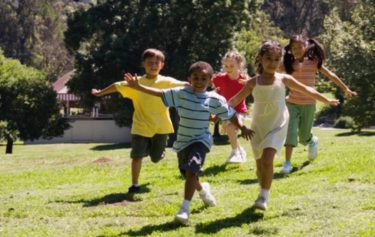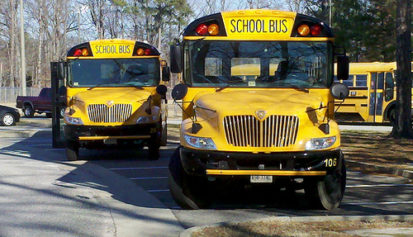If you’re like most new parents, there are plenty of days — ones when your baby won’t stop crying and there’s oatmeal on the wall — when you feel as if you can’t do anything right. But think again. Even if all you did was feed your little one when he was hungry, talk to him as you did the laundry, and take him for a stroll, you offered him fantastic learning experiences. Still doubt it? Here’s what your baby would tell you himself — if he could.
I learned I can always depend on you.
Each time you soothed your child’s persistent cries with food, a cuddle or a dry diaper, you taught him that he matters and that he can trust you to help him. Even something as routine as putting him down for a nap fortifies his trust and self-esteem. Eventually, he’ll figure out that even when you’re out of sight, you still exist — and you’ll be back.
I learned I can depend on myself too.
Instead of dashing into your baby’s room when she fussed in the middle of the night, you forced yourself to wait for several seconds, then several more. Silence. Perhaps she found her thumb or snuggled into a comfy corner of the crib — whatever it was, she fell back asleep on her own. Without even getting out of bed, you taught her that she can take care of herself once in a while.
You learned something too: Sometimes good parenting means doing less for your child, not more. The same wait-a-minute approach is also wise if she’s struggling to achieve a motor skill, such as reaching for a toy. Pulling back a little and letting her wiggle closer under her own steam challenges her to learn.
I learned that I can strike a balance.
Toting your little one around, whether in your arms or in a carrier, stimulates his vestibular system, which helps his body maintain its balance. And when you give him a ride on your shoulders, he also gets a visual bonus—the chance to take in the sights from a different vantage point.
Once your baby is able to sit up, take him for regular stroller rides over a variety of surfaces—like your gravelly driveway, a smooth sidewalk, and a grassy lawn—at different paces. It’ll further refine his balancing skills and strengthen the muscles that keep him upright.
I learned that I can make all the right moves.
Maybe your baby — finally! — got her toes into her mouth, picked up a cracker by herself, or took her first halting steps today. She beamed, and you smiled and applauded, showing her she had a right to be proud. There’s no big secret to helping your baby develop her motor skills. Just clearing the floor and giving her opportunities to move around is almost enough. The other essential? Cheering her on.
I learned how words work.
Did you call your child by name when you picked him up? As you went grocery shopping together, did you describe each item as you put it in the cart? If so, you gave him bite-size — but big-time — lessons in language.
Any opportunity your baby has to hear you speak will support his verbal development, as he takes in the tone and rhythm of the words you use. Baby-friendly topics and baby-size words are nice, but not necessary. Even reading him the sports page, telling him about your day, or singing to him counts. So if you like to chat while doing chores or belt out show tunes in the car, go ahead…
Read More: parents.com


